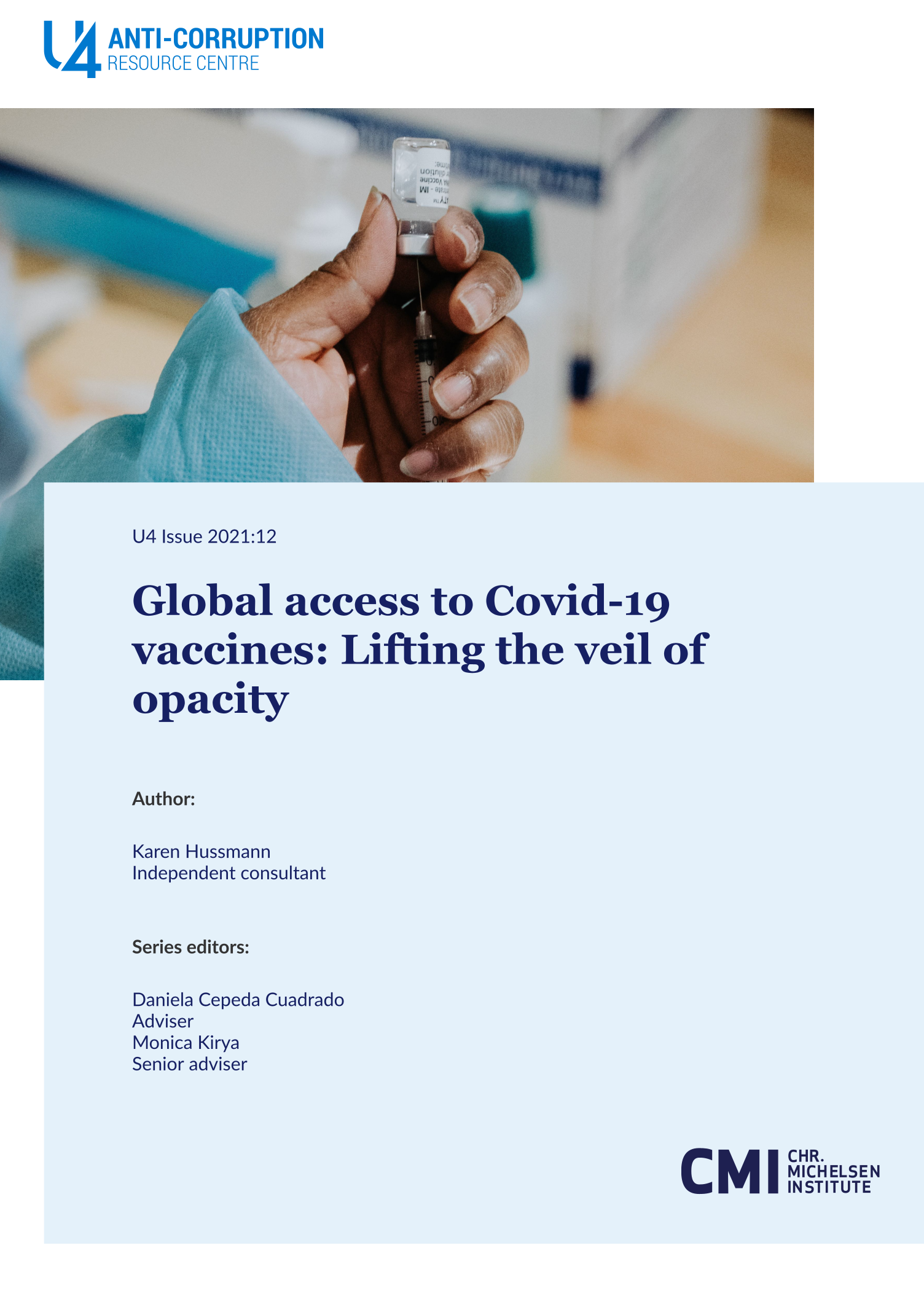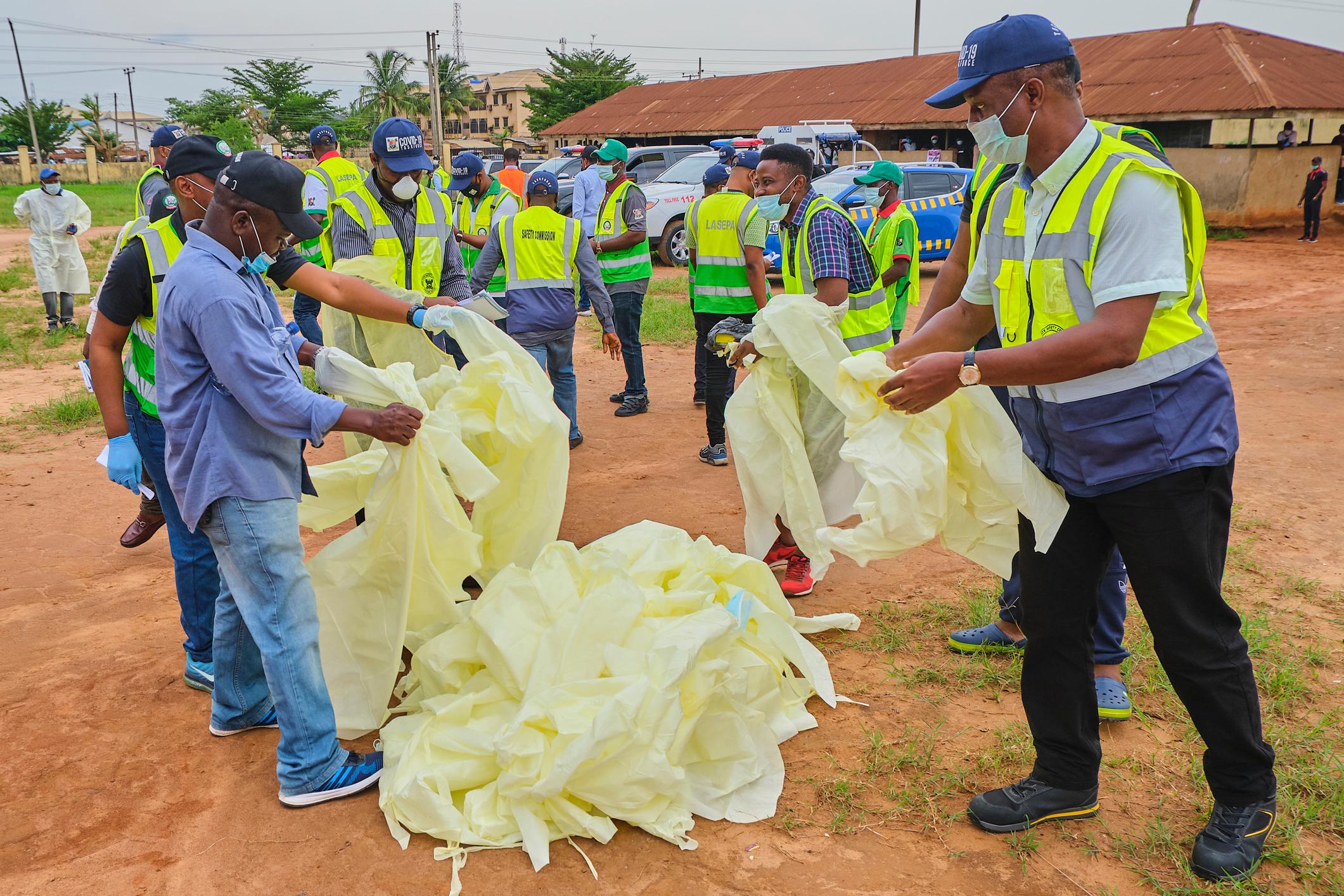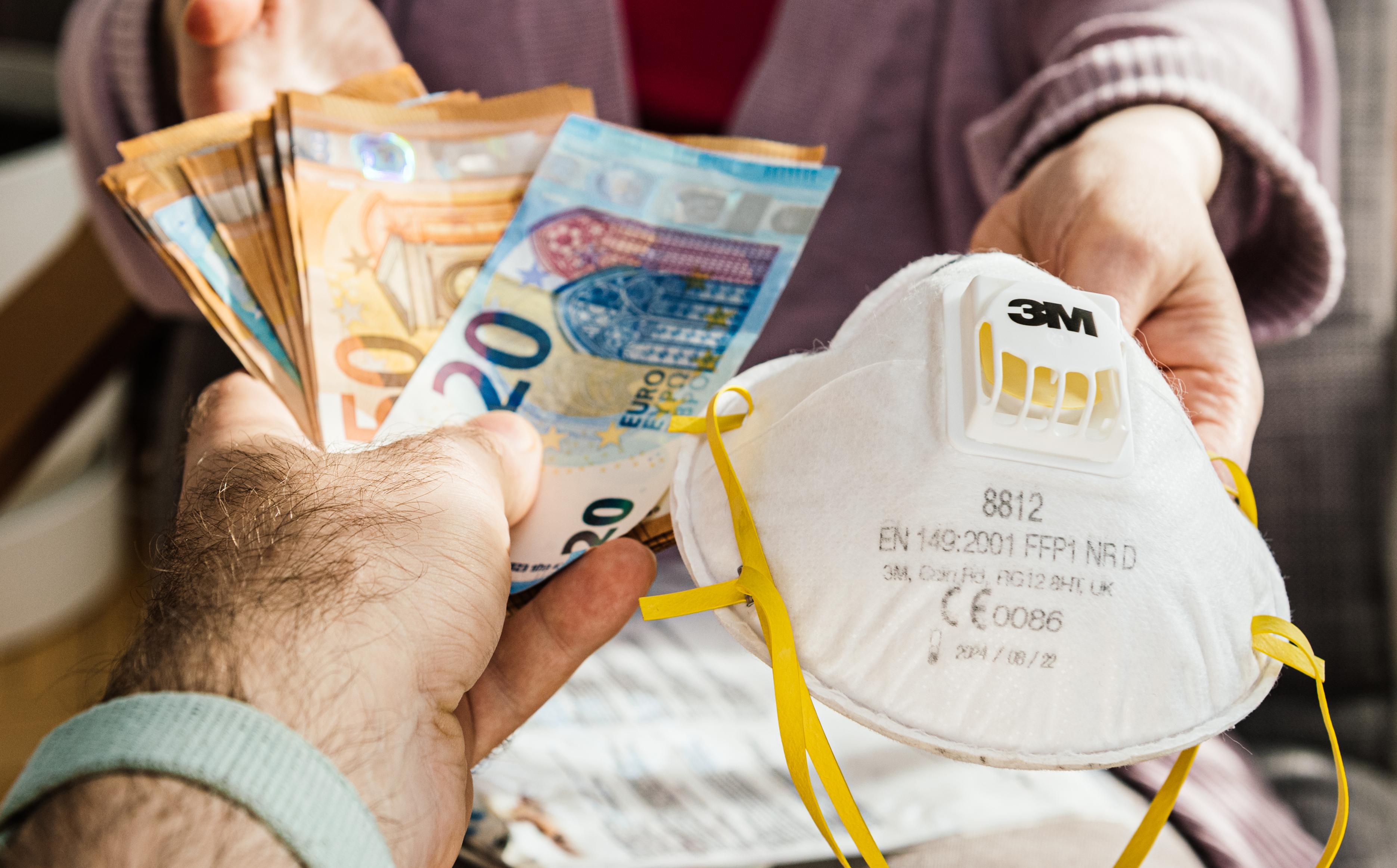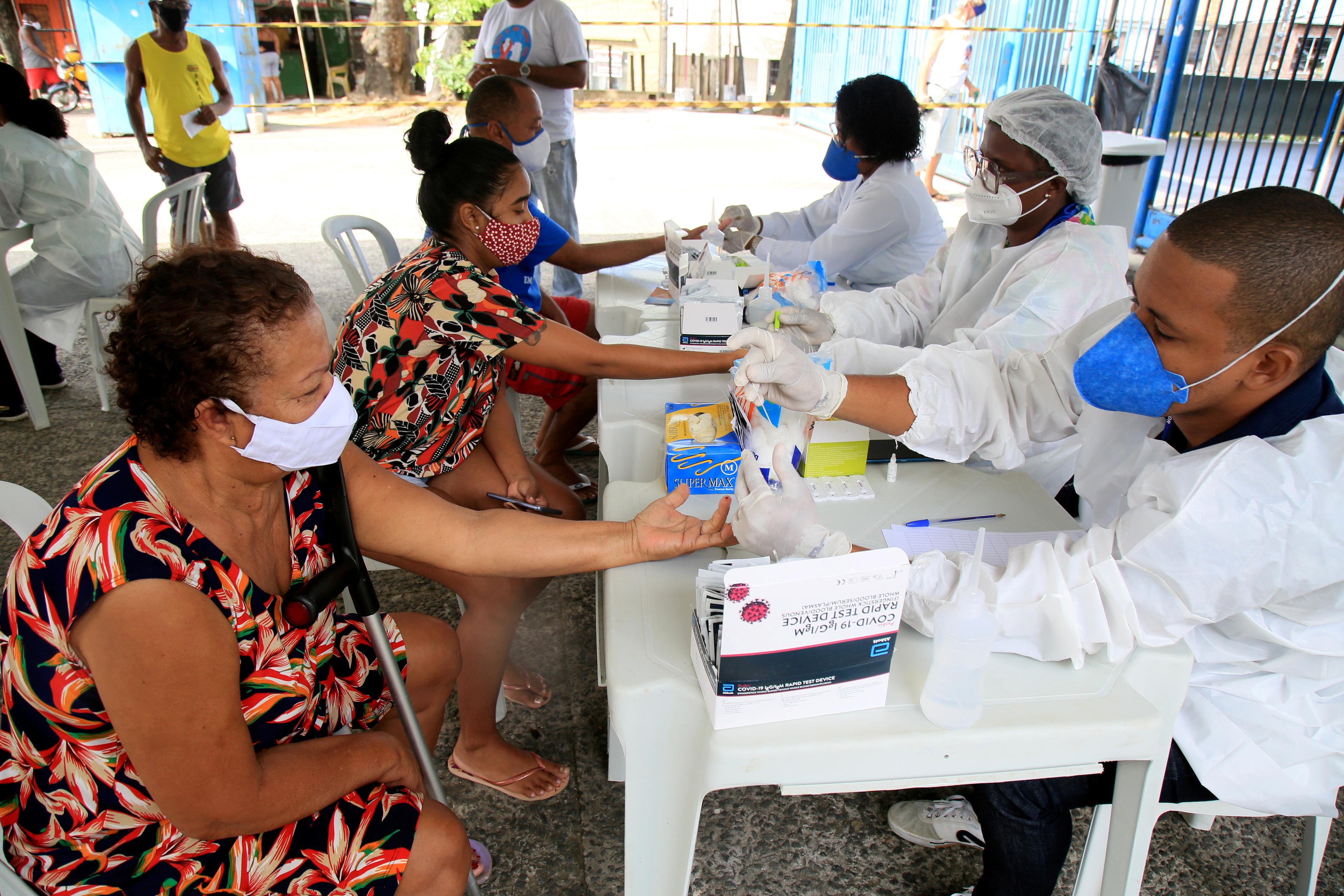Main points
- Enormous amounts of public money have subsidised vaccine development and production, but the details of where, why, how, with whom, and under what conditions this money has been spent are rarely made public. This impedes well-informed public debate and open decision making on the different options for scaling up vaccine production.
- Secrecy and opacity in Covid-19 contracting, both at national levels and in COVAX, make it difficult to know how many vaccines are and will be available, to which countries, and by when. And insufficient public information on bilateral donations by vaccine-producing countries results in perceptions of ‘vaccine diplomacy’. Both issues hinder equitable distribution of vaccines.
- Transparency and accountability are essential for better collective decision making around the development, production, distribution, and contracting of Covid-19 vaccines.
- National governments, the European Union, and COVAX should disclose amounts and conditions of R&D funding; develop specific provisions for clinical trial transparency in the context of pandemics; set up an international clearinghouse of information on vaccine demand and supply; and ensure that all Covid-19 vaccine contracts are publicly available and that redactions are justified and kept to a minimum.
- Donor agencies and international organisations should work for policy coherence in line with the Sustainable Development Goals; promote transparency in all COVAX processes; support the development of an international clearinghouse of information on Covid-19 vaccines; support civil society organisations and academia in their research and engagement with the public; contribute to the sharing of lessons learned for future pandemics; and support the development of minimum transparency standards for vaccines in pandemics.



